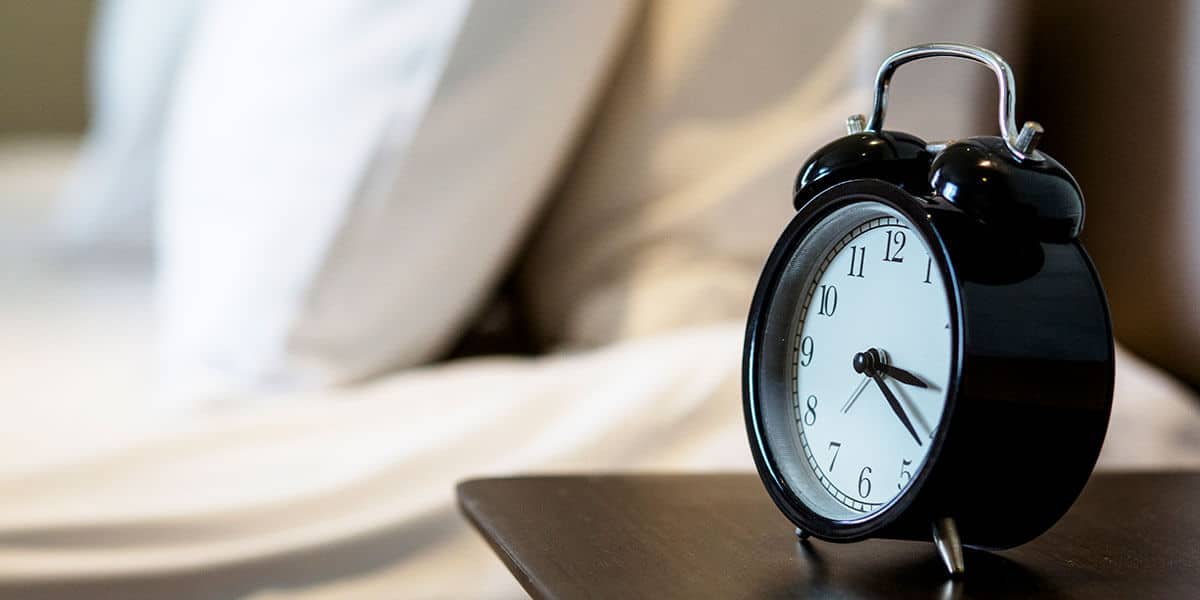Snoring & Sleep Apnea

Sleep Disruptions
Snoring
Snoring is caused by narrowing or blocking of the airway. The disruption of airflow causes the soft palate and tissues of the throat to vibrate, and the narrower the airway becomes, the louder the snoring.
Sleep Apnea
Obstructive sleep apnea is caused by a physical blockage in the airway that causes pauses in breathing or shallow breaths during sleep. This is usually caused by the tongue or soft tissues in the neck, as they relax while the patient sleeps. The sleep disruption caused by sleep apnea can negatively impact your quality of sleep, leaving you tired and irritable.
Contributing Factors
In addition to age, genetics, and enlarged tonsils or adenoids, these factors can also be contributing factors to sleep apnea:
Obesity
Experts believe that there is a direct correlation between sleep apnea and obesity due to the additional amount of fat and skin around the neck of people who are severely overweight.
Smoking
Smoking has also been linked to obstructive sleep apnea. The nicotine present in cigarettes and cigars has been shown to cause inflammation and irritation of the airway, making it narrower and more likely to become blocked.
Excess Alcohol
Alcohol is a relaxant, and patients who consume more than the recommended amount may cause the muscles in the neck and throat to relax more than they should.
Treatments
Lifestyle Changes
Minor sleep disruptions can often be addressed with lifestyle changes such as weight loss, smoking cessation, or clearing your nasal passages.
Custom Sleep Appliances
Many patients that suffer from sleep disorders may be able to find relief using a custom removable oral Appliance which adjusts the position of the lower jaw and tongue during sleep. Each oral appliance is custom-created for the patient, ensuring that it is the most comfortable fit possible. Even then, oral appliances can take some adjustment. At the same time, these treatments tend to be easier to use and just as successful as traditional CPAP treatments. Please be sure to bring your oral appliance in to your appointments to make sure it is fitting properly.
Breathing Devices
If you are suffering from severe sleep apnea or you find that oral appliance therapy isn’t helpful in reducing your symptoms, you may be recommended to try positive airway pressure, also known as PAP. PAP therapy involves wearing a mask over your face while you sleep. The mask is attached to a machine which delivers a supply of positive air to the patient, which is strong enough to push past the blockage. The PAP mask may also be uncomfortable at first. However, PAP therapy is extremely successful in treating obstructive sleep apnea.
If you would like to find out more about sleep apnea and the types of treatment available, please do not hesitate to contact our friendly, professional team who would be delighted to help you.
